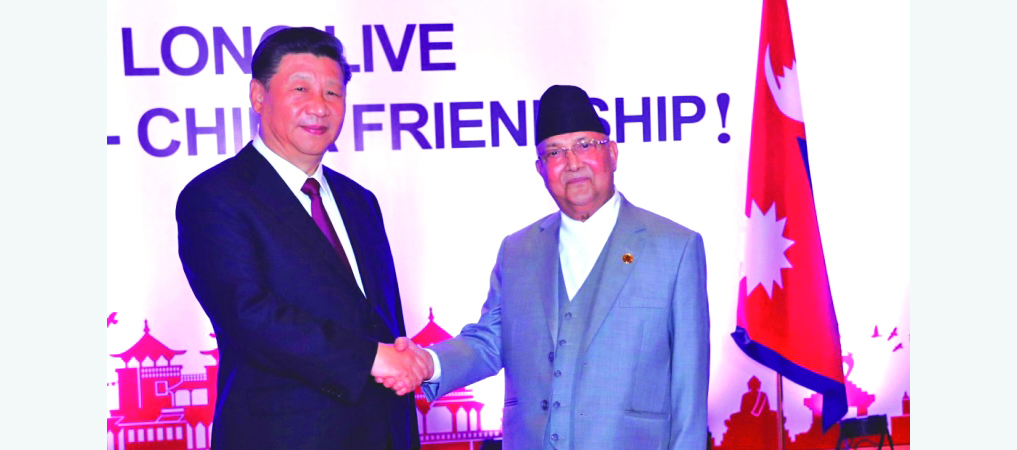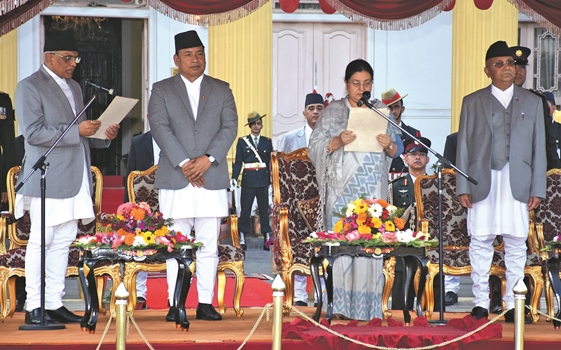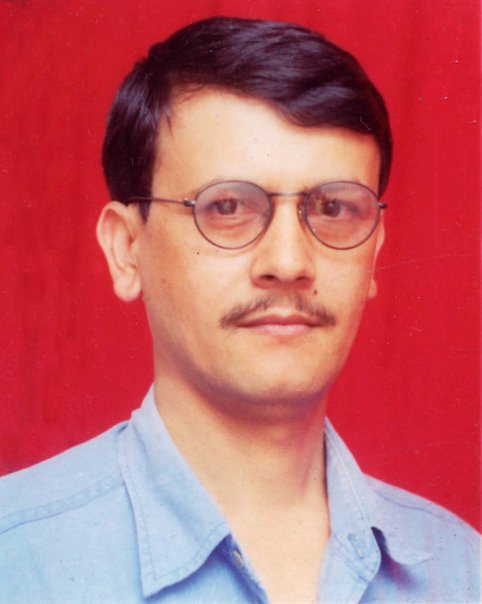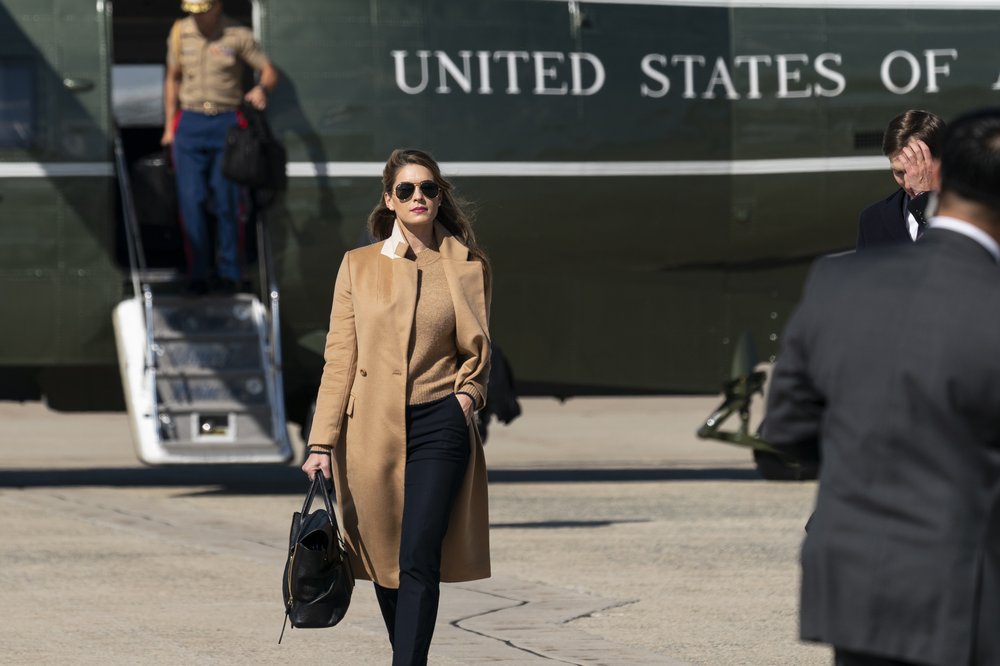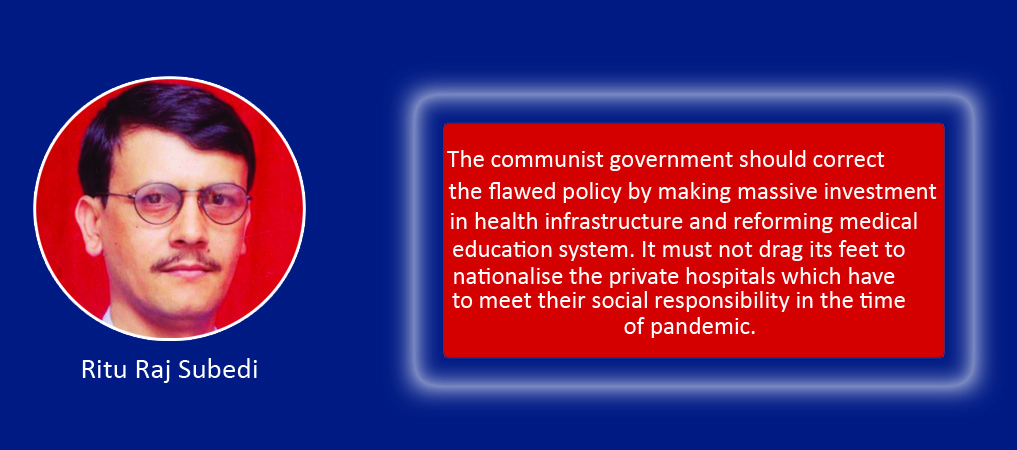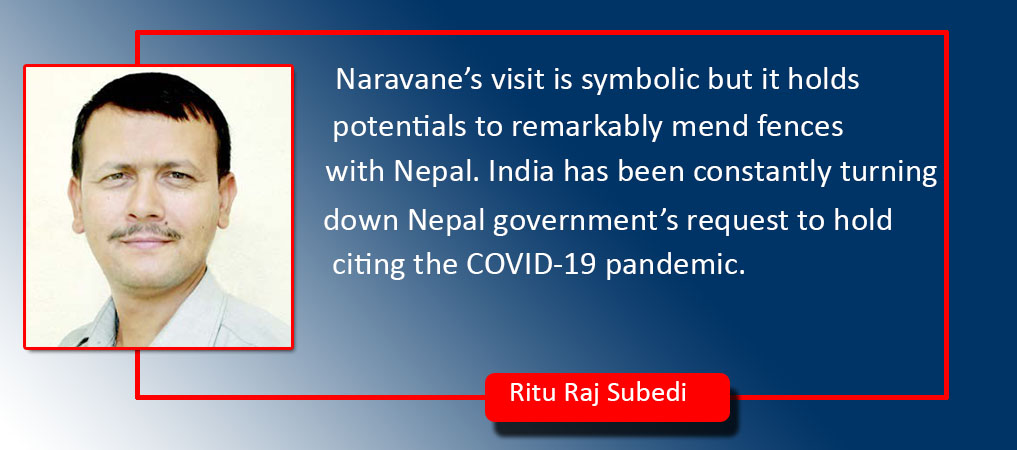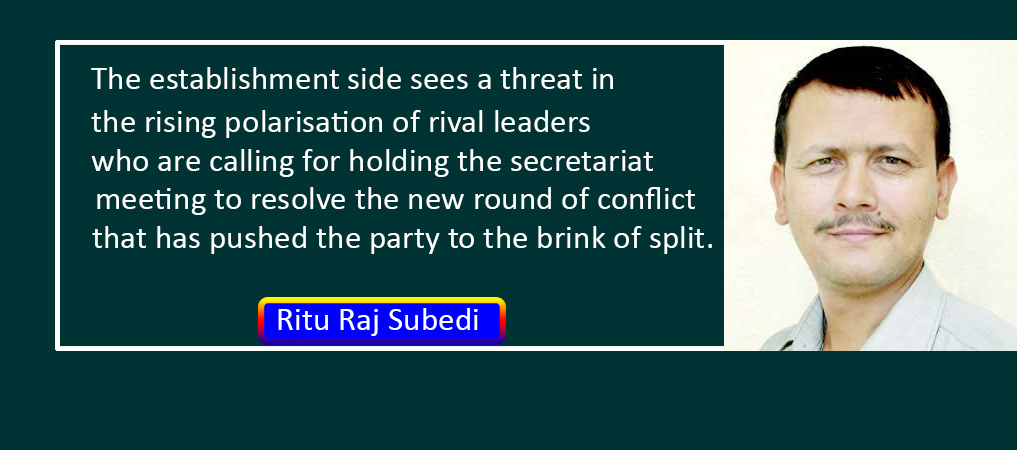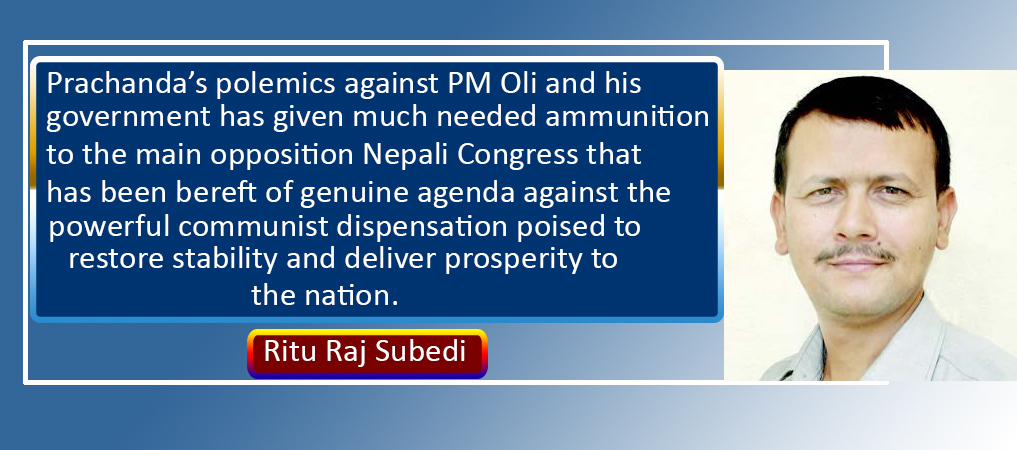2077 BS: Annus Horribilis
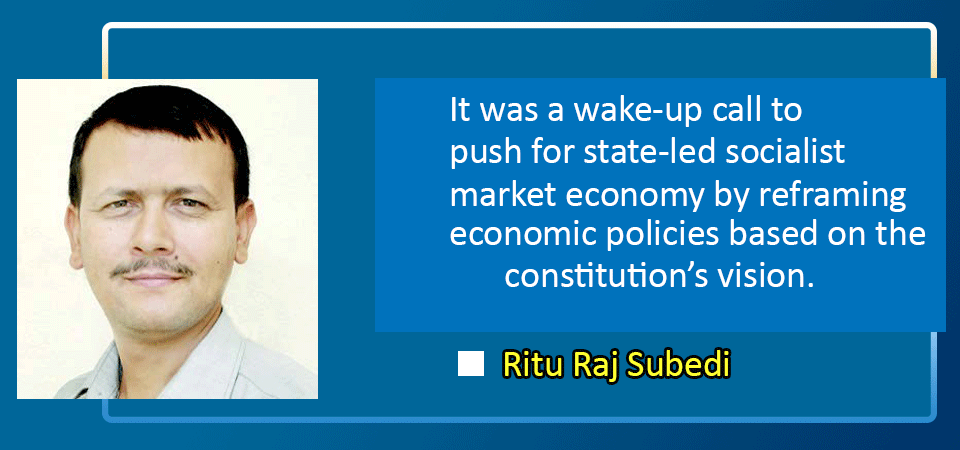
Ritu Raj Subedi
THE year 2077 B.S. turned out to be an annus horribilis for the country’s health, economic and political realms. Three Ps – pandemic, pollution and political chaos – pestered and pained the people. The three Ps that emerged last year continue to buffet us to date. The COVID-19 pandemic had already begun to panic Nepalis before they greeted the year 2077. It became the global health crisis of the century. The world cringed in fear and horror as the deadly coronavirus spread from one nation to another, infecting and killing hundreds of thousands of people in no time. The invisible enemy exposed the fragility and helplessness of humanity. Moreover, it laid bare the poor health system in many countries, and the ruthless character of neo-liberalism that failed to save the life of people in the time of unprecedented medical crisis for it placed crass corporate profits above the health of commoners.
Apathy
The countries with neoliberal policies and conservative governments had the largest number of deaths and infections because such regimes or systems do not give a hoot about the health, education and social security of their citizens. Nepal is not an exception. In 2015, the Himalayan nation adopted a constitution that has spelt out 31 fundamental rights and envisioned socialism-oriented economy but these rosy provisions are like building castles in the air. The shabby economy and entrenched neoliberal policies have put the poor, needy and marginalised people at the receiving end as seen during the excruciating days of extended lockdown.
With the loss of livelihoods in the cities, thousands of daily wage workers were compelled to march towards their villages, braving scorching heat and travelling hundreds of kilometres on foot. For them, the capital city was like a land of aliens, with the state showing total apathy towards their plight. The scene in the far-west Nepal was more agonising as India-returnee Nepali migrant workers could not enter their homeland and were forced to spend several nights on Nepal-India border.
The pandemic has so far claimed the lives of over 3,000 Nepalis and set negative trend of growth. It obstructed the smooth functioning of big projects while reducing the development expenditures. It was the biggest blow to Nepali society after the decade-long Maoist insurgency and the 2015 earthquake, exposing the fault-lines of imbalanced development. It was a wake-up call to push for state-led socialist market economy by reframing economic policies based on the constitution’s vision. The powerful communist government was unable to seize on this prospect of revamping the economy.
In early 1990s, Nepali Congress-led government blindly implemented disaster-prone free market economy by selling off public enterprises under the instruction of the Word Bank and IMF. The very shock therapy hollowed out the national economy, created mass unemployment, weakened nation’s sovereignty and skyrocketed the foreign debt. Like wishy-washy liberals, Nepali communists also donned the neoliberal garbs and lacked guts to rebuild the real economy that would ensure economic independence through investment, reconstruction boom and job creation.
Come 2078 B.S., Nepalis have been again haunted by the upsurge of new variants of coronavirus. What is more worrying is that the virus has become ‘double mutant,’ which can escape the immune system and neutralise antibodies. As the country is struggling to avert the second wave of COVID-19, it has plunged into new political deadlock which can upset the efforts to fix the pressing problems. The year 2077 proved to be annus horribilis for the Nepal communist movement as well. In the three-tier elections held in 2017, the people handed a thumping victory to the Left Alliance of erstwhile CPN-UML and CPN-Maoist Centre for its commitment to stability, prosperity and good governance. The UML’s patriotic stand against the Indian blockade also paid off in the historic polls. The NCP-led government was supposed to make every year of its five-year tenure as annus mirabilis for Nepali people. Alas! Asia’s third largest communist party was torn asunder like the downfall of the Shakespearean tragedy protagonists.
The dissolution of House of Representatives (HoR) led to fierce bickering in the NCP which formally broke up into the UML and Maoist Centre as per the verdict of the Supreme Court. The UML is also plagued by raging infighting that will severely hit its poll performance in the future. The NCP was better placed to carry out democratic restructuring of the country in line with the new charter. But the divisive party leadership missed the historic opportunity. The country is set to return to coalition government as no party has majority in the federal parliament. This portends badly for the young republic that needs strong government and robust public institutions for its consolidation. However, the country’s mixed electoral system has made it difficult for major parties to secure comfortable majority in the polls.
Most polluted city
Towards the end the year, Kathmandu became one of the world’s top polluting cities. The thick smog blanketed the blue sky across the country, making sunlight pallid and feeble. As the degrading air quality began to burn the eyes of people and affect those with respiratory problems, the government shut down schools for four day. Dense smoke emitting from numerous forest fires, sand dust from the Arabian and Indian deserts, cross-border industrial pollution and emissions from increasing number of vehicles have been attributed to the awful air quality. This has tarnished the image of the Kathmandu Valley famous for its mild temperature, greenery and pristine beauty all over the world.
The other day the government claimed that it has punched above its weight despite the unfavourable situation. Nepal has become one of the early nations to vaccinate its people against the virus though it got most doses of vaccines in grant. The completion of the Melamchi Water Supply Project (MWSP) marks as an illustrious example of government’s performance. Now as the country stares to the second wave of pandemic, it is imperative for the political parties, the government, citizens and civil society to cooperate with each other in fighting the deadlier virus. Moreover, the political actors are required to forge minimum consensus to end the new impasse and put politics on normal course.
(Deputy Executive Editor of The Rising Nepal, Subedi writes regularly on politics, foreign affairs and other contemporary issues)
Recent News

Do not make expressions casting dout on election: EC
14 Apr, 2022
CM Bhatta says may New Year 2079 BS inspire positive thinking
14 Apr, 2022
Three new cases, 44 recoveries in 24 hours
14 Apr, 2022
689 climbers of 84 teams so far acquire permits for climbing various peaks this spring season
14 Apr, 2022
How the rising cost of living crisis is impacting Nepal
14 Apr, 2022
US military confirms an interstellar meteor collided with Earth
14 Apr, 2022
Valneva Covid vaccine approved for use in UK
14 Apr, 2022
Chair Prachanda highlights need of unity among Maoist, Communist forces
14 Apr, 2022
Ranbir Kapoor and Alia Bhatt: Bollywood toasts star couple on wedding
14 Apr, 2022
President Bhandari confers decorations (Photo Feature)
14 Apr, 2022



